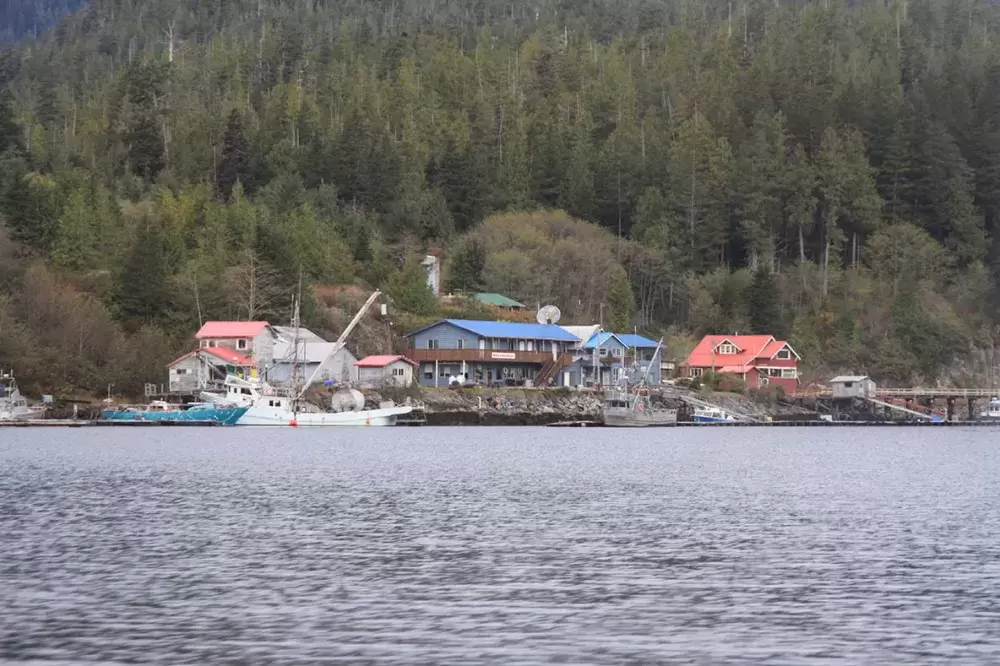The online world is about to open up for Ahousaht residents, as the First Nation looks to have high-speed Internet service by early December.
The development is set improve upon the limited access currently available for the First Nation on Flores Island, providing broadband service to every household, office and education building in the community. Community members will be charged according to their chosen Internet speed, payable to the Ahousaht band office. Monthly rates will range from $35 to $150, with extra charges for exceeding the data limit, according to the Ahousaht website. Managing the service is expected to create at least one new position.
Ahousaht Chief Councillor Greg Louie said that the existing Internet infrastructure can be slow and problematic.
“Right now we have to be really careful of how it’s used and what times,” he said from the Ahousaht band office in early November. “We share with the health centre and we share with the school. There’s high volumes of bandwidth that are allocated to health and are allocated to the school. At times it slows us down.”
This November Telus and Conuma Cable are in the final stages of the upgrade, which entails replacing the microwave Internet transmitter located next to the Thunderbird Hall and laying new cables to buildings in the community. Telus began working on the upgrade in the summer, replacing a satellite dish and existing hardware that dates back to the 1990s. Consultants have regularly visited the community to assess if wiring into buildings is sufficient for broadband Internet.
Louie said that the need for better Internet in Ahousaht became clear when the First Nation responded to the sinking of the Leviathan II whale watching vessel in October 2015. An Ahousaht fishing boat was the first to respond after the Leviathan capsized off the coast of Vargas Island, south of the First Nation community and northwest of Tofino. Six of the Leviathan’s whale watchers drowned, but the Ahousaht fishermen and other emergency responders were able to rescue the rest of the vessel’s 27 passengers and crew.
“If we are to work together, we need better communication,” said Louie. “Part of that communication is Internet service, part of that communication is cell service.”
The First Nation wrote a proposal to the federal government, resulting in approximately $900,000 to support the Internet upgrade.
Earlier this year the Canadian Radio-television and Telecommunications Commission declared broadband Internet a basic service, yet many communities still have slow or non-existent access to the technology. For this reason the CRTC announced $750 million in funding to enable high speed access for all of Canada.
According to the Government of British Columbia, high speed Internet is unavailable to five per cent of the province. This lack of access creates a “digital divide” for many indigenous communities, said the First Nations Technology Council.
“First Nations communities continue to receive the poorest access to Internet and mobile connectivity,” said FNTC Executive Director Denise Williams. “Federal and provincial governments are moving on major infrastructure and innovation projects across the country that have the potential to either create equality in Canada, or drastically exacerbate the digital divide, potentially disenfranchising generations of indigenous people.”
Ahousaht also has tentative plans to gain community-wide cellular phone service by using a tower near Hot Springs Cove that could be elevated. This development will depend on approval from the federal government, said Louie.







